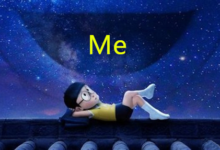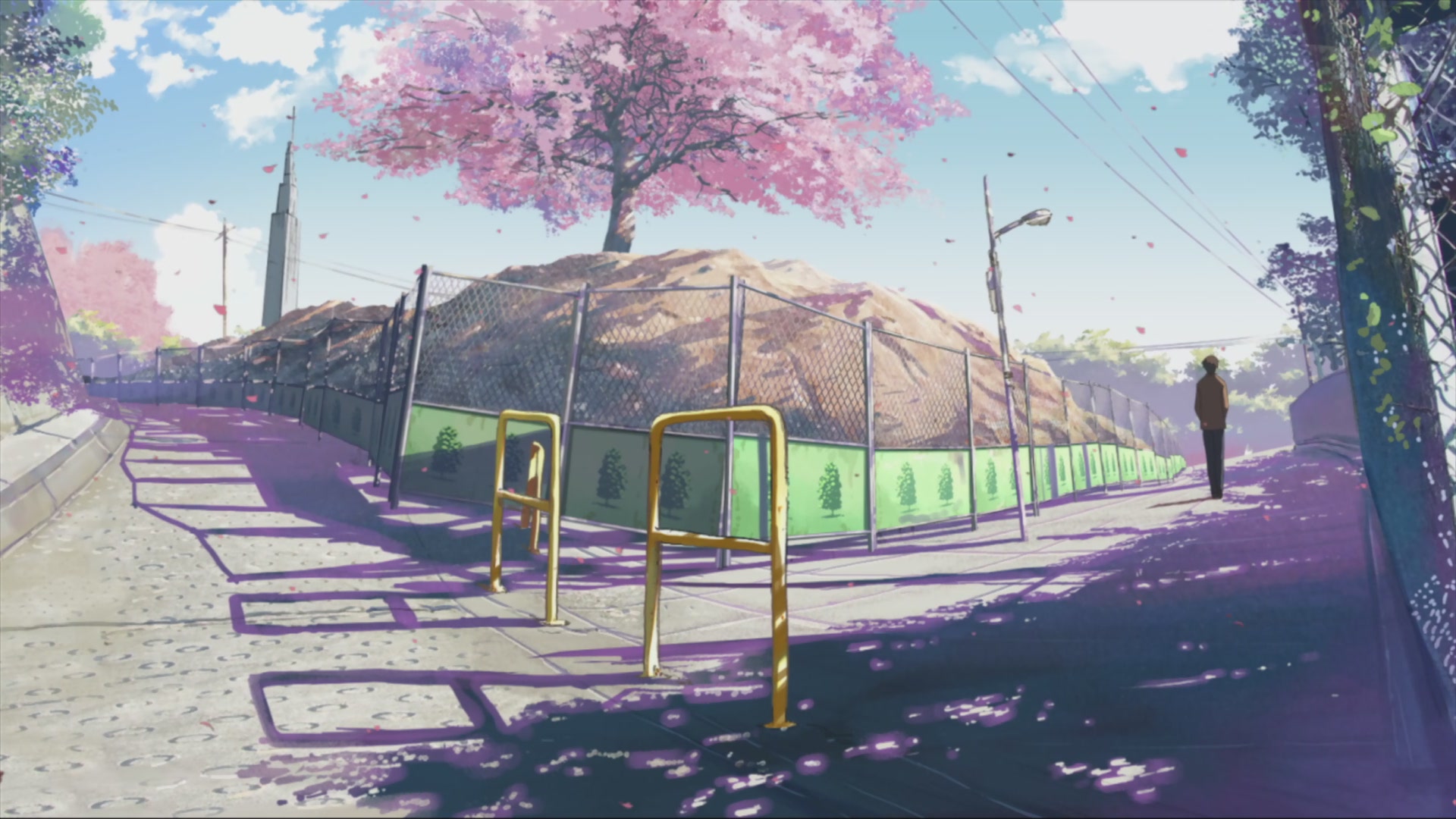Adrift
In 1982 Steven Callahan was crossing the Atlantic alone in his sailboat when it struck something and sank. He was out of the shipping lanes and floating in a life raft, alone. His supplies were few. His chances were small. Yet when three fishermen found him seventy-six days later (the longest anyone has survived a shipwreck on a life raft alone), he was alive-much skinnier than he was when he started, but alive.
His account of how he survived is fascinating. How he ingeniously managed to catch fish, how he fixed his solar still, which evaporates seawater to make fresh water, is very interesting.
But the thing that caught my eye was how he managed to keep himself going when all hope seemed lost, when there seemed no point in continuing the struggle, when he was suffering greatly, when his life raft was punctured and after more than a week struggling with his weak body to fix it, it was still leaking air and wearing him out to keep pumping it up. He was starved. He was desperately dehydrated. He was thoroughly exhausted. Giving up would have seemed the only sane option.
When people survive these kinds of circumstances, they do something with their minds that gives them the courage to keep going. Many people in similarly desperate circumstances give in or go mad. Something the survivors do with their thoughts helps them find the guts to carry on in spite of overwhelming odds.
“I tell myself I can handle it,” wrote Callahan in his narrative. “Compared to what others have been through, I’m fortunate. I tell myself these things over and over, building up fortitude….”
I wrote that down after I read it. It struck me as something important. And I’ve told myself the same thing when my own goals seemed far off or when my problems seemed too overwhelming. And every time I’ve said it, I have always come back to my senses.
The truth is, our circumstances are only bad compared to something better. But others have been through much worse. I’ve read enough history to know you and I are lucky to be where we are, when we are, no matter how bad it seems to us compared to our fantasies. It’s a sane thought and worth thinking.
So here, coming to us from the extreme edge of survival, are words that can give us strength. Whatever you’re going through, tell yourself you can handle it. Compared to what others have been through, you’re fortunate. Tell this to yourself over and over, and it will help you get through the rough spots with a little more fortitude.
漂流者箴言
1982年史蒂文?卡拉汉独自驾驶着帆船横渡大西洋,途中帆船遇难下沉。他在救生艇里孤独地漂浮着,远离了航道。当时他身上的食物所剩无几,生存机会非常渺茫。但76天后,三个渔民发现了他,他还活着 (他是世界上遭遇海难,在救生艇上存活最长时间的人),他当时瘦骨嶙峋,与出航前相比简直判若两人,然而他还活着。
关于他大难不死的故事让人惊叹。其中他是如何巧妙地抓鱼,如何固定太阳蒸馏器来提取淡水的事情都非常有趣。
但我最感兴趣的还是在他感到彻底绝望的时候,当一切抗争都似乎已毫无意义的时候,当灾难苦苦折磨着他的时候,他是如何支撑着活下来的?救生艇穿了洞,他强撑着虚弱的躯体,花了一周多的时间去修理,可救生艇仍然漏气,于是他耗尽了所有的力气去吹气。饥肠辘轳的他极度脱水,精疲力竭,就算放弃也完全在情理之中。
如果人们能够战胜这种情况,那么他们的脑海中一定有什么信念支撑着他们。许多人在遭遇类似的绝境时会选择放弃或精神失常,但幸存下来的人,靠的是心中的信念,是信念给予了他们战胜一切恶劣情况的勇气和决心。
“我跟自己说我一定可以挺过去的,”卡拉汉在他的叙述中写到。“跟别人的遭遇相比,我已经算是幸运的。我由始至终都这样鼓励自己,在自己心中建立起永不放弃的信念。”
读完这几句,我就把它们抄下了,并深深地为之震撼。当我觉得自己的目标似乎遥不可及又或者我遇到了似乎无法解决的问题的时候,我就用它们来勉励自己。而每每念及它们,我总能有所醒悟。
事实上,不幸都是相对而言的,有些人比我们更不幸。不管现实和理想相距多远,纵观历史,我们应该为现在所处的时代和景况感到幸运。这样的想法是明智的,而且也值得思考。
从这个大难不死的的故事中,我们学到了能给予我们勇气和力量的话语。无论你遭遇了什么,你都要对自己说:一定能挺过去的。和其他人的不幸相比,你已经算幸运了。要一遍一遍地用此话鼓励自己,这个信念将会使你更有决心去度过难关。


















